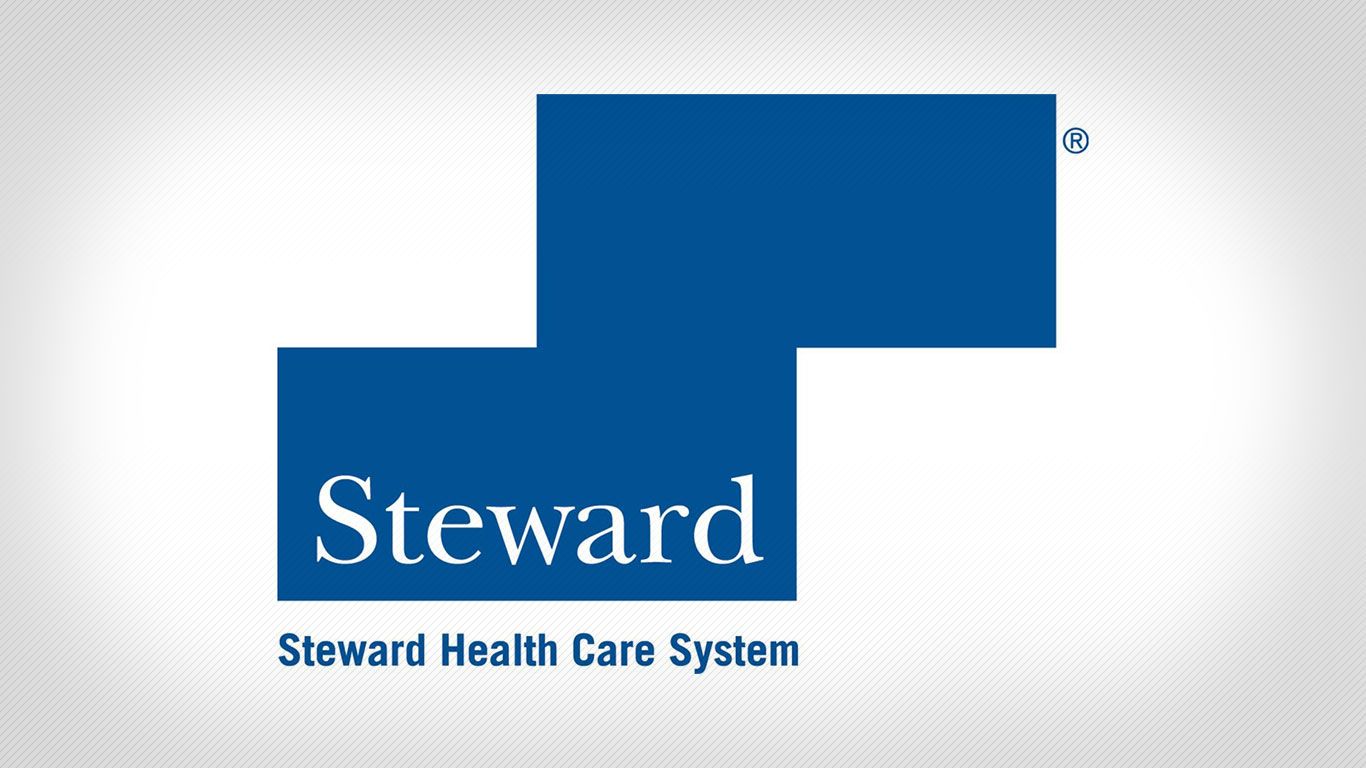
Steward Health Care, one of the largest physician-led operators in the country, recently filed for bankruptcy and is now looking to sell all 31 of its hospitals. Just like many other hospitals, Steward was hit with declines in patient visits, labor costs, and high rates of inflation in the height of COVID. There are still many significant challenges in the years after COVID, resulting in providers having to make hard decisions on the facility's operations.
Steward owns hospitals across eight states in Massachusetts, Arizona, Ohio, Pennsylvania, Arkansas, Louisiana, Texas and Florida. In a press release, Steward Health said “The plan is to explore reorganization around a rationalized hospital portfolio and then work with stakeholders to find solutions for hospitals that cannot be sold.”
Who will Steward Health sell to?
According to Healthcare Finance News, Landlord Medical Properties Trust is financing the reorganization and will purse value maximizing sales, while exploring a reorganization around a smaller footprint of hospitals.
Steward said in its press release that the plan is to explore this reorganization around “a rationalized hospital portfolio and then work with stakeholders to find solutions for hospitals that cannot be sold.”
As for who they are selling to, there seems to be no buyers yet. This restructuring approach could prove to be a good fit for the hospitals spread across the country, as different organizations could reorganize the facilities into a more profitable arrangement.
What does this mean for suppliers?
As of right now, Steward Health’s hospitals are continuing to serve patients and its commitment to its employees “will not change.” While this might sound encouraging for the patients and the employees under the care of Steward hospitals, suppliers should be aware of what this situation could look like.
WBUR reported that officials in Massachusetts gave massive payouts to investors while leaving hospitals without the resources they need to maintain essential equipment or keep adequate supplies of ER drugs. Good Samaritan Medical Center in Brockton, Massachusetts was found to be low on supplies needed for trauma patients.
Due to the financial status of Steward Health Care, it seems unlikely that they can maintain their relationships with their vendors as they have in the past. As hospitals are put under more financial pressures, it can result in devastating cost cuts across the board. These affect not only patient care, but also the relationships with vendors and suppliers.
